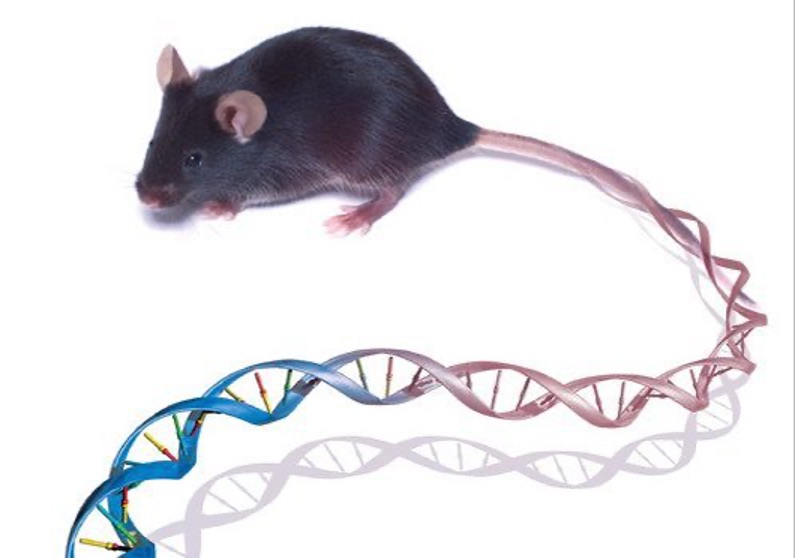Tg3647 mice over-express human TNF that leads to the gradual development of spontaneous slow progressing chronic inflammatory polyarthritis with 100% penetrance.


Tg3647 mice over-express human TNF that leads to the gradual development of spontaneous slow progressing chronic inflammatory polyarthritis with 100% penetrance.

Targeting TNF-α as a treatment modality has shown tremendous success, however there are several limitations associated with the current anti-TNF-α biologic drugs including: immunogenicity, life-threatening infections, resistance to treatment, complexity of manufacture and cost of treatment. Ubah et al. report the in vivo efficacy of novel anti-TNF-α formats generated from molecular engineering of variable new antigen receptors (VNARs), originally derived from the immune system of an immunized nurse shark.
Published in Frontiers in Immunology 2019 Mar 22;10:526. doi: 10.3389/fimmu.2019.00526.

Collagen antibody-induced arthritis (CAIA) is a simple mouse model of rheumatoid arthritis that can be used to address questions relating to the pathogenic mechanisms of the disease and serves as a platform for the evaluation of candidate therapeutic agents.
Biomedcode has standardized the model in
and developed platforms to allow the evaluation of different arthritis therapeutics.


The evolution of preclinical testing through novel humanized precision disease models